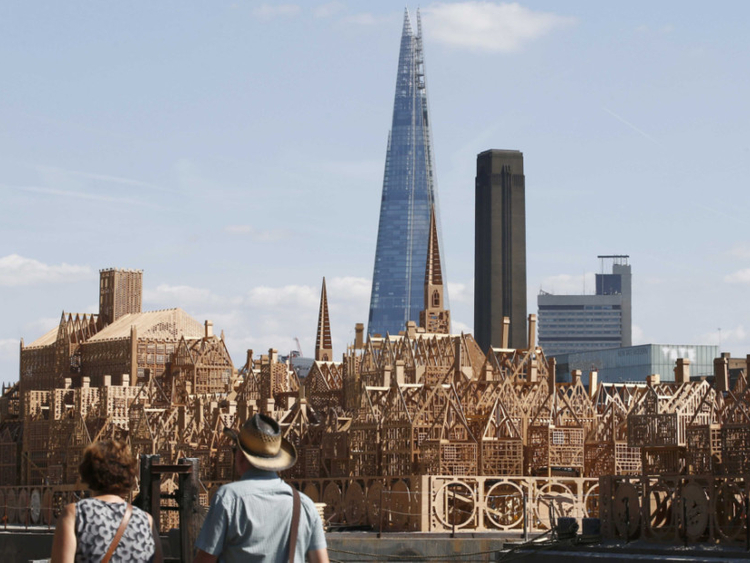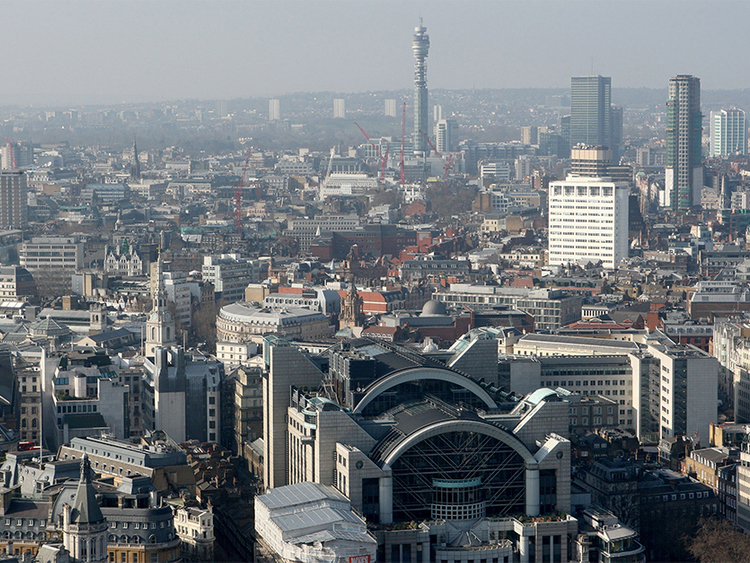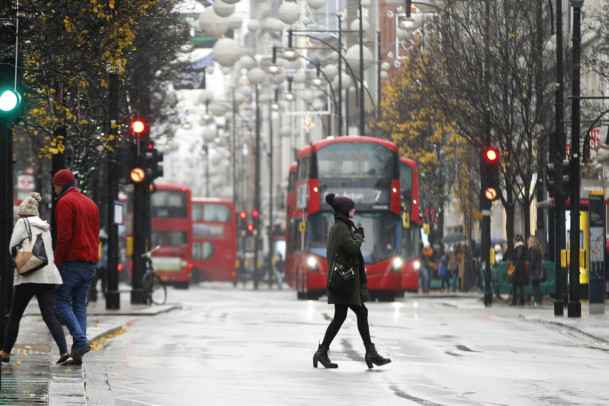London: MPs and campaigners have said authorities are failing to get a grip on violent crime in London after two teenagers were shot and killed on the same night in the capital.
A 17-year-old girl died first after a drive-by shooting in Tottenham, north London. Police said on Tuesday evening that a 16-year-old boy shot on Monday had died in hospital after succumbing to his injuries.
With violent crime levels feared to be heading back to their worst level in more than a decade the two became the capital’s 47th and 48th suspected murder victim this year.
Labour MP David Lammy said the situation was “worse than I’ve ever seen it”. He blamed the rapid growth of the illicit drug economy and cuts to public services for the rising violence.
Tanesha was with friends in Tottenham, north London, when a gunman opened fire from a moving car at about 9.30pm on Monday. “The car just pulled up and started shooting,” said a 21-year-old from the area, who did not want to be named.
By the time police and paramedics arrived the victim was surrounded by dozens of people, including her mother, according to witnesses. “She was screaming. She didn’t know what to do. She didn’t deserve that. Her mum didn’t deserve to watch her die,” one said.
Tanesha’s killing and an apparently unrelated shooting three miles away in Walthamstow that resulted in the 16-year-old boy dying on Tuesday evening have fuelled concerns about a rise in violent crime in London in 2018. There were eight killings in January, 15 in February and 22 in March, and there have been three so far in April.
180 homicides this year
At the present rate, London could surpass 180 homicides this year, a return to levels last seen in 2005 when there were 181. Last year there were 116 homicides in London, excluding the deaths in the Westminster, London Bridge and Finsbury Park terrorist attacks.
On Tuesday police identified the victim of a stabbing in Greenwich last week as 23-year-old Reece Tshoma and gave more details of the death of Devoy Burton-Stapleton, 20, who was stabbed as he walked home from a night out on Easter Sunday.
The spate of violence has been met with growing calls for action from victims’ loved ones. Last week the family of Abraham Badru, who was shot as he opened his car boot in Hackney, appealed for an end to “the gun culture [that] is becoming rampant in our community”.
The mayor of London, Sadiq Khan, argued that austerity was responsible for the growth in violence, tweeting: “Government cuts have decimated services for young Londoners.”
The deputy mayor for policing and crime, Sophie Linden, echoed that claim by calling for more government funding for police. But the government insisted the problem was the mayor’s responsibility, with a spokesman for the prime minister saying: “The mayor of London is accountable for the performance of the Metropolitan police.”
Others pointed out that the stark figures on deaths were only one part of the picture of violent crime in London. On Monday an emergency doctor at St Bart’s hospital tweeted that the number of young victims he and colleagues had dealt with that weekend was “upsetting”.
“This is an epidemic of violence against and between kids and we ought to be outraged, we ought to be motivated to fix it and we shouldn’t rest until we have,” he wrote.
In the aftermath of Tanesha’s death, DCS Richard Wood said the Met was doing everything in its power to combat violent crime. “We’ve got officers out there working hard day in, day out trying to stem the tide of violence,” he said. “Clearly there have been a number of incidents and there is no avoiding that. Of course I never forget that behind these incidents is the family and friends.”
Detectives are investigating the possibility that Tanesha’s killing was linked to a feud between gangs in Tottenham and Wood Green. Sources have said they believe the attack was connected to incidents in which a young person was shot in Tottenham and another was shot and killed outside the Vue cinema in Wood Green. That was followed the next day by what was believed to be a reprisal stabbing outside a sixth-form centre in north London.
Provocative posts
Local sources said tensions had flared again over the weekend, with provocative social media posts said to have played a part.
Vicky Foxcroft, a Labour MP who has set up a youth violence commission after the deaths of five young people in her Lewisham Deptford constituency, said violence was blighting people’s lives.
“I think we have a lot more violence in society and things are being normalised,” she said. She called for an integrated approach where children who came into contact with one service were automatically referred to relevant support.
“If this many young people died at a football match or at a concert we would have an immediate inquiry into what happened,” Foxcroft added. “The government urgently needs to revisit its approach.”
The government is expected to respond to the surge in violence with a violent crime strategy this spring. Asked whether Theresa May was concerned about the number of murders in London this year, a Downing Street spokesman said: “These are all tragic cases and our thoughts are with the families of the victims. There can be no place in our society for violent crime. The government is determined to do everything it can to break the cycle.”
Maria Killick, who was standing outside her home watching camera crews and onlookers assemble at one end of Chalgrove Road, said: “There’s nowhere for the young people to go. It started with [David] Cameron when they just started taking away everything for them. Sure they can train and work hard at school, but where are the jobs for them?”














